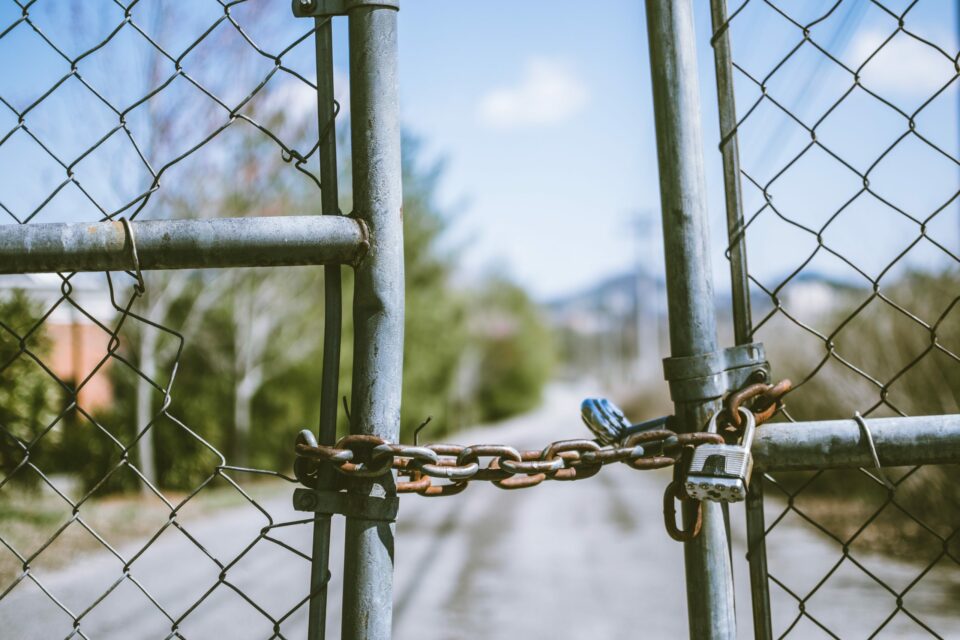
This article first appeared on Swissinfo on January 16, 2022.
The United States on Sunday accused the Guatemalan government of “weakening” the country’s judicial system and attempting to “obstruct corruption investigations” with its request for the removal of Guatemalan judge Erika Aifán’s immunity.
Last Thursday, Guatemala’s Public Prosecutor’s Office announced that it had requested a withdrawal of immunity against Aifán, in a high-impact case analyzing rigging in the election of the Supreme Court of Justice between 2019 and 2020.
Such a request “is a blatant attempt to obstruct corruption investigations and an affront to the integrity of Guatemala’s highest courts,” U.S. State Department spokesman Ned Price said in a statement.
“The independence of judges to review cases and issue judgments free from the threat of retaliation or outside influence is fundamental to the rule of law,” Price stressed.
“This action against an independent and internationally recognized judge weakens a vital pillar of Guatemala’s democracy and judicial system,” he added.
The spokesman recalled that last year, Aifán was awarded the International Woman of Courage award by the U.S. State Department “for her efforts to strengthen the rule of law in Guatemala.”
Judge Aifán, head of the High-Risk Court “D”, intermediate phase, denounced last year that she has been the victim of spurious processes against her, with cases without legal basis and that have remained in force but immobile in various prosecutorial agencies for at least nine years.
Together with other judges, Aifán asked the Attorney General of Guatemala, Consuelo Porras, to dismiss the complaints against him, which are used as a pretext for harassment and cyber harassment, along with public monitoring and persecution, inside and outside state institutions.
Relations between the United States and Guatemala cooled last September when Washington sanctioned the Guatemalan attorney general precisely for accusing her of obstructing justice in high-impact cases.
U.S. President Joe Biden did not invite either his Guatemalan counterpart, Alejandro Giammattei, or the leaders of Honduras and El Salvador to a virtual democracy summit he organized in December.
Last week, US Vice President Kamala Harris telephoned Giammattei and asked him to ensure “that corrupt actors are held accountable, stressing that corruption erodes public trust and undermines the ability to govern effectively and responsibly,” according to the White House.














